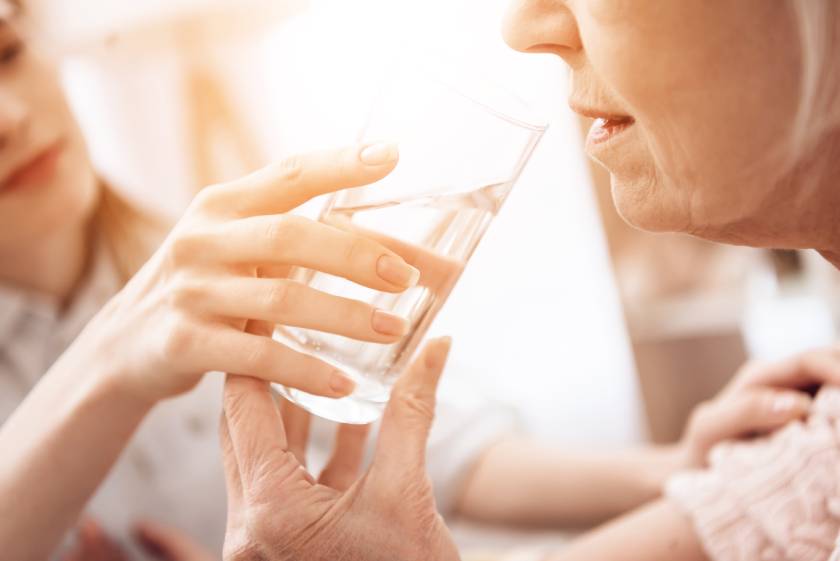You should always make sure your loved ones are safe and well cared for, especially if they’re elderly. Dehydration in the elderly, while not dangerous on its own, can be a sign of other health issues that require medical attention. If you notice your loved one have these symptoms of dehydration, call their doctor immediately to schedule an appointment. Otherwise, your loved ones could end up getting seriously ill or even die if they don’t get treatment soon enough.
Thirst
Most people with dehydration will experience thirst, which indicates that your body is telling you it needs water. A dry mouth and thick tongue are other indicators. If any of these symptoms come on suddenly or if they persist for an unusually long time, you could be dehydrated. Remember that dehydration occurs naturally as we age, so watch out for dehydration in our loved ones who don’t drink enough during hot weather.
Peeing Less
One of the most common ways to recognize dehydration in adults is by noticing that they’re urinating less frequently than usual. If you suddenly see your loved ones going from three bathroom trips a day to just one, there’s probably a reason for it. When one becomes dehydrated, their body tends to slow down urine production as a protective measure. This doesn’t necessarily mean your loved ones are suffering from dehydration, it could be a sign of age-related changes in bladder function. But it’s essential to watch for other signs that something might be wrong.
Not Peeing
People in their golden years are more likely to be dehydrated than younger people, so if you notice your loved ones have suddenly stopped taking bathroom breaks, it’s a good idea to check in with them and see how they’re feeling. Proper hydration is essential for health and wellbeing, and it’s important to encourage family members to take adequate fluids throughout the day. If you notice that your loved ones suddenly stop drinking as much as they usually do, make sure you ask them how they feel, especially if they live alone.
Not Sweating
It’s easy to think of dehydration as only something that happens when you’re in hot, muggy weather or during exercise. But sweating isn’t always involved. If you don’t drink enough fluids to replace what you lose through urination, breathing, and sweating, your body can become dehydrated even on cool days or while resting. It’s essential to ensure that your fluid intake is sufficient for proper hydration. Drinking enough water not only ensures your body stays fully hydrated but also helps flush out toxins and waste products.
Headache And Dizziness
One of the main symptoms of dehydration is a headache. By monitoring your loved ones, you can quickly identify whether or not they have become dehydrated. If their head is throbbing, they might be dry. Headaches are accompanied by dizziness and fainting as well. It’s a good idea to keep a water bottle with you at all times so that you can check in on your loved ones to make sure they haven’t gotten sick from being dehydrated.







